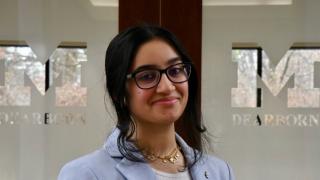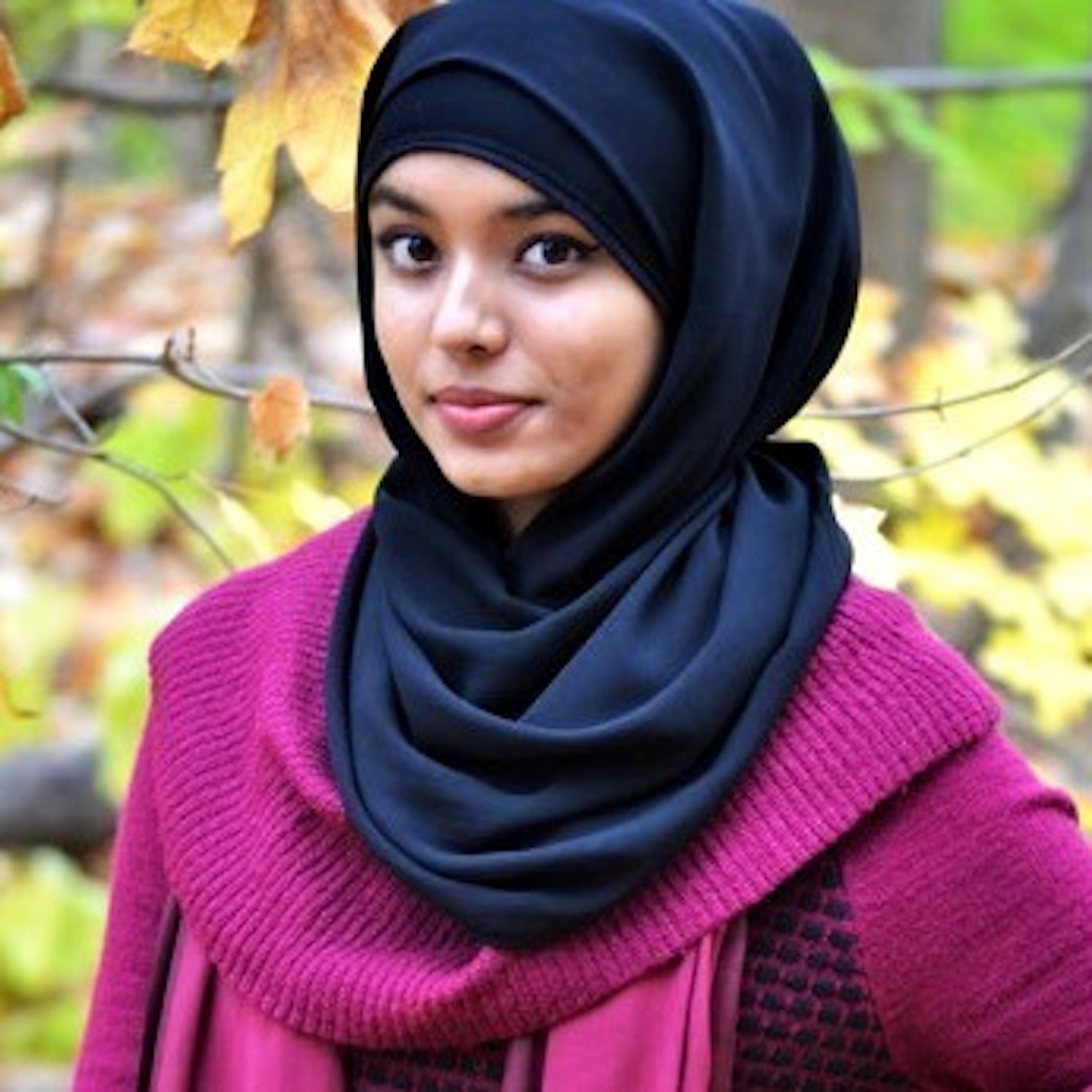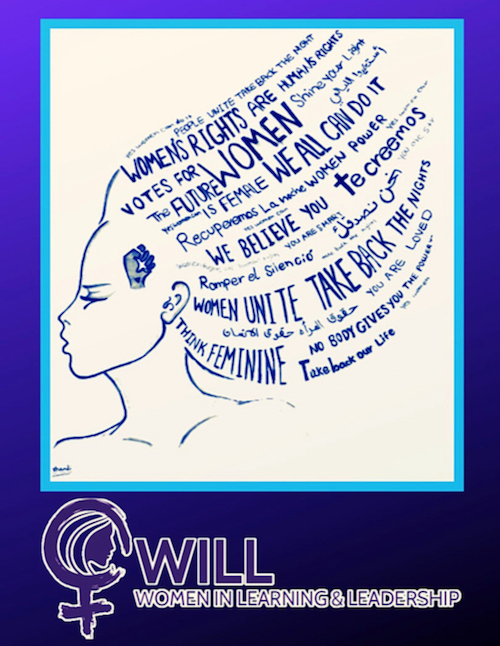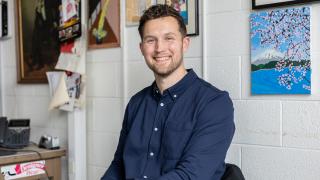“It was finding a way to do it online or to not have the event — we weren’t going to let that happen. We know that this event means a lot to the community,” Khan says. “Through Take Back the Night, we aim to introduce people to the prevalence of domestic violence and sexual assault. We also want to give them tools to understand the nuances of the cultural and legal system that enables abusers and harms victims. But most importantly, the event offers a voice to survivors. It provides a space for survivors to share their stories; we’ve heard from past attendees how valuable Take Back the Night is to them. We just had to come up with a new way to make it work.”
Khan says WILL also is planning additional virtual events during the academic year for their members — like leadership workshops — as well as the campus community.
To keep moving forward, WILL took their typically monthly meetings — that’s how often they’d meet prior to the pandemic — and expanded them to twice a month. They began to collaborate differently; instead of jobs solely based on roles in the organization, they put more focus on strengths and teamwork. They looked at ways to be more time efficient, such as creating committees and sharing resources. The group also made it a point to respect boundaries when members speak up about needing a break.
“The conversation has shifted from the last-minute ‘I’m busy’ to a more transparent ‘I’m overwhelmed.’ Of course, it’s a two way conversation and members must contribute to the team, but when people are open about limits, you can adjust so that tasks get done on time. As long as you show respect to people,they’ll be up front about what they can or can’t do,” she says. “The understanding and openness is something that I’ve noticed has developed since the pandemic began and I see it as a very positive change in our culture.”
Khan says she’s proud of how WILL has worked together to continue their advocacy and engagement work that the group was founded on. And she says that no matter where they are at — home or campus — members will continue to promote involvement in key issues related to social change and polish themselves as leaders for a better tomorrow. “We are here to grow, learn and make our communities a better place to live and work in. That work is far from done, which means ours isn’t either.”







